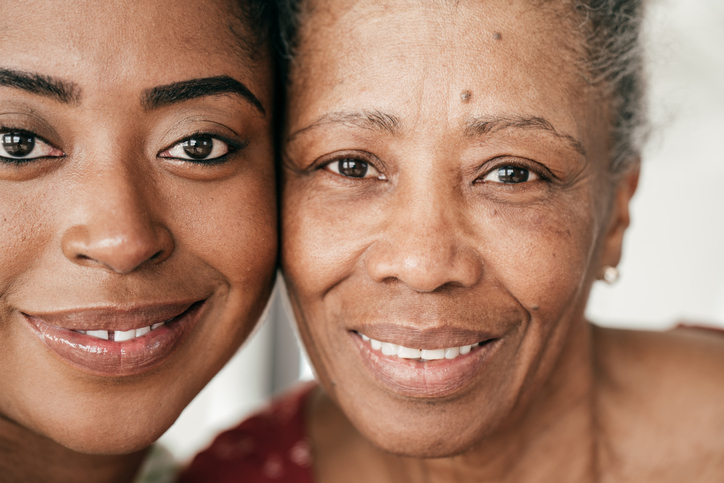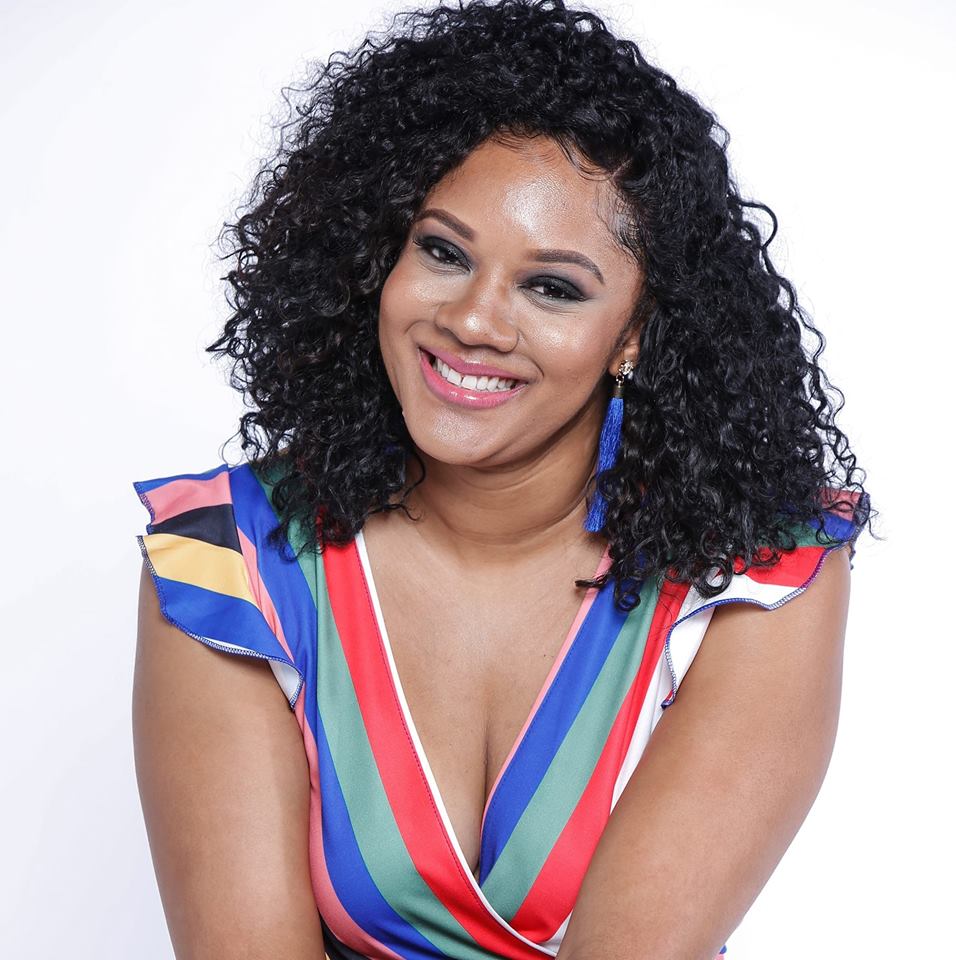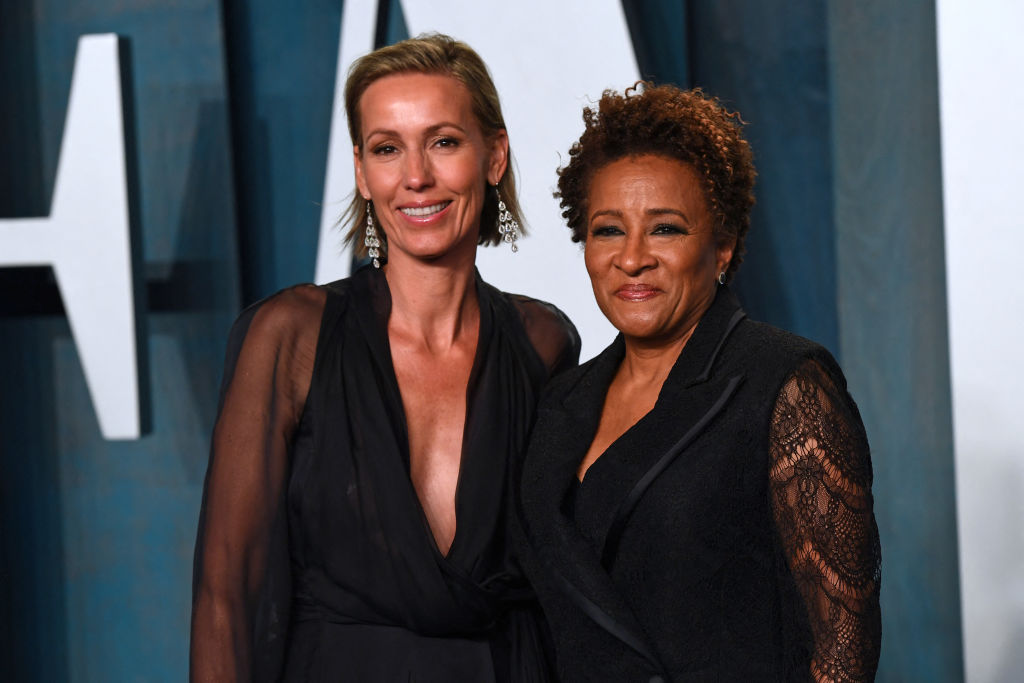How Your Mother Passes Her Wounds Onto You
Share the post
Share this link via
Or copy link

Source: kate_sept2004 / Getty
It’s pretty common knowledge that mothers and daughters can have complicated relationships. You see the cliché everywhere, like many of your favorite female-centric shows. Maya Lewis and Olivia Pope of “Scandal.” Annalise Keating and Ophelia Harkness of “How To Get Away With Murder.” Then there’s the hit-show “Mom” that needed no other title than, simply, “Mom” for people to instantly recognize this would be a show about a messed up mother-daughter relationship. It may not necessarily be that mother-daughter relationships face any struggles that father-son ones don’t, but rather, that mothers and daughters just feel things intensely. Women do, after all, score higher on empathy and emotional perception tests. So, to put it simply, when something is wrong, we know it, and we feel it—strongly.
Maybe you belong to the club of women who need a stiff drink after seeing their mom, or who at the very least need to vent to their friends. And maybe you go through the cycle of battling it out with your mom over the same topics, only to later feel guilty that you took a tone with your mom – she is your mom, after all. No matter how right you were in the argument or how justified you felt, it’s never very gratifying to win an argument with your mom because you feel that you owe her so much. We spoke with licensed marriage and family therapist and the author of “Hard Work or Harmony?” Kiaundra Jackson. She provided insight into the complicated mother-daughter relationship, and how mothers can sometimes pass down their wounds to their daughters.

Source: NA / na
A special bond with mom
We asked Jackson why exactly the bond between moms and daughters can be so intense, and so sensitive. “There’s something really special about a mother’s love because if we really think about it, the connection that we have with our children starts in utero. I like to look at things from a holistic perspective: mind, body, spirit – all of those things. You can also look at the physical element here.”

Source: FG Trade / Getty
Chemical closeness
Love MadameNoire? Get more! Join the MadameNoire Newsletter
We care about your data. See our privacy policy.
“One of the first things that happen when you give birth, is you do skin to skin contact…When we have it, it releases those feel-good hormones –the bonding hormones, like oxytocin. It starts that early,” explains Jackson. “When we think of it starting from there, it makes sense why there is that connection. It’s a different role from the father. It’s sacred. There is an emotional attachment that the father didn’t get to experience.”

Source: FatCamera / Getty
As kids age, the bond gets complicated
“As your child grows and starts to learn more things and take on their own personality, that love and that bond you have, it doesn’t change, but it intensifies,” says Jackson. “Sometimes when you don’t have a healed relationship from your own parents, you pass down the good, the bad, and the ugly, even if it’s not intentionally.”

Source: kate_sept2004 / Getty
Handing down the superwoman complex
We asked Jackson what ideas around what it means to thrive as a woman, mothers pass down to their daughters. She said, “Generationally, the superwoman complex gets passed down. Particularly with people of color. Their mom had to be everything. Wear the mother-father hat, work multiple jobs, and cook and clean. So [kids] pick up that mentality of having to do everything all the time. That’s not necessarily a bad thing, but when it’s done to exhaustion, that’s when issues happen.”

Source: FG Trade / Getty
When superwoman doesn’t feel so super
In addressing the adverse side effects of the superwoman complex, Jackson said, “I’ve seen people be unable to slow down. They feel they need to be perfectionists. That’s what was modeled for them as kids. They don’t take time for self-care, or to ask for help. They don’t tend to their mental health. Then there can be an increase in depression and stress and anxiety.”

Source: kupicoo / Getty
A history of sexual trauma
“Another thing passed down is sexual trauma,” states Jackson. “There can still be a lot of shame around that topic. If a mom was sexually assaulted, and something happens to her child, there can be times when the mother doesn’t know how to handle it appropriately, because of her own wounds. She means well, but it just doesn’t go as planned. She isn’t in a position where she can help with the healing, but rather causes more hurt [unintentionally].”

Source: vitapix / Getty
Pursuing dreams over bills
We talked a bit about how young women today might feel more encouraged to chase their dreams – rather than just work to pay bills – and how that can cause a disconnect between the generations. Jackson says she herself was the first one in her family to do things outside the box, to take calculated risks, and to be an entrepreneur.

Source: kate_sept2004 / Getty
Parents protect your stability
Jackson says that when she chose to leave her stable job to pursue her career in mental health, her mother didn’t quite understand. “The passion on the inside of me to help people on a grander scale outweighs my ability to stay at a job and collect a pension,” says Jackson. But she says her mother was mostly focused on issues like, how Jackson would get health insurance or how she’d have savings, rather than on her bigger purpose. Much of that, Jackson says, came from her mother’s experience of coming from a generation where women aimed for life stability, through things like, marrying young, and marrying a breadwinner.

Source: vitapix / Getty
Accepting an emotional rift
Jackson admits that doing things differently than her mother did (or would like her to have) created some distance between them. Her mother believed women should either be stay at home mothers or have stable jobs – neither of which described Jackson’s position, at least when she was starting out in her career. “The hustler mentality, the grind mentality…that’s foreign to her [her mom].”

Source: Anna Frank / Getty
Sacrificing the old for the new
While pursuing a path your mother doesn’t agree with might mean you don’t always feel supported by her, it does mean creating a support system for future generations. As Jackson puts it, “It yields a new generation of unique beings in your lineage. If you are a business owner and successful and can pass down property, you can show your family members that life is about more than working a job until you die.”

Source: kate_sept2004 / Getty
Her ideas of being a “good wife”
Jackson talks a bit about how older generations had different ideas of what it meant to be a good wife, and how millennials are totally changing the game, with millennial women marrying later in life (if at all), having kids later (if at all), and working 40-hour weeks, even if their partners also work full-time. Household tasks like cooking or helping kids with homework are more equal among parents now, says Jackson, but that can welcome some judgment from older mothers who see this arrangement as unconventional. “Moms will give you the side-eye and say ‘What do you mean you haven’t cooked for your husband and children?’”

Source: FG Trade / Getty
You can diverge, respectfully
Splitting up the household chores needs to be discussed extensively within couples, says Jackson. And as for what you say to mom giving you the side-eye for not being superwoman? Jackson advises saying, “That worked for you. In your time. I hear what you’re saying, but this works for me in my household.” She admits, “You will get some pushback, but if you stand your ground, they [your mom] should ease up over time.”

Source: SrdjanPav / Getty
Where your mother got her wounds
“Yes there are differences. There is trauma. No parent is perfect and kids do not come with a manual. Mothers are just learning from how their parents treated them,” says Jackson. She said that a lot can be learned about why our parents parent the way they do, if we learn about their childhoods – something that helped her with her relationship with her own dad. “Sometimes you have to see it from their perspective and say, ‘They didn’t know any better.’”

Source: FatCamera / Getty
The road to healing
As for healing from these generational wounds, “It’s okay to seek family therapy or individual therapy,” says Jackson. “Make sure that people are talking. Oftentimes, these things are just swept under the rug. No one says anything about them, and it’s a huge elephant in the room you can’t ignore anymore.” She also says, when you are communicating with your mother, “You don’t want to make assumptions. Actively listen to the other person’s side.”

Source: pixelfit / Getty
Show rather than tell
Jackson says that not all parents will want to talk about these wounds, or why you choose to live differently from them. Showing rather than telling can be useful then. “Sometimes the best tool is just modeling. Be about it. When your parents see you being about what you’re trying to do, and your values…that stuff gets picked up on. Whether it’s consciously or subconsciously. It can be the best bet, especially if they struggle to talk about things.”
-

Meet Dominique Fils-Aimé, The Haitian-Canadian Star Redefining Jazz For A New Generation: ‘This is My Vision' [Exclusive]
-

Cooking With Purpose — How Brittney Williams Honors Her Caribbean Roots Through Food
-

9 Famous Lesbian Women Who Were Married To Men
-

Purpose Behind The Lens: How Nate Edwards Films The Extraordinary Inside The Everyday








